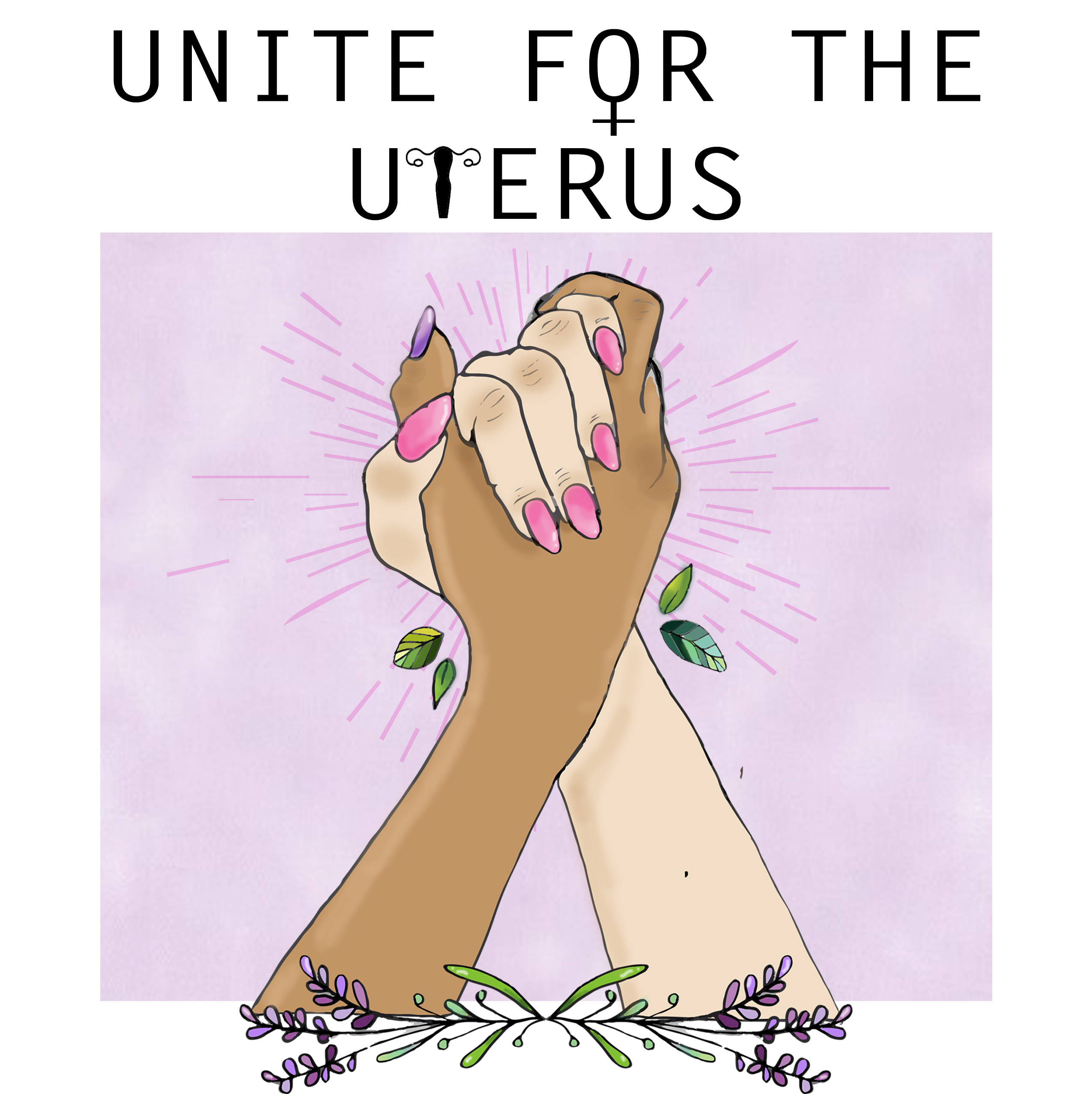Born in 1879 in Corning, New York Margaret Sanger came out of the womb headstrong. Technically, literally and figuratively because she would eventually become known as the founder of Planned Parenthood as well as an iconic advocate for women’s reproductive health. Keep in mind that the impact she made happened 100 years ago and women who took a stance and spoke up about anything were considered “stubborn” or “emotional.” Even though Sanger was the start of the movement that is still so important for women today, there are some beliefs and connections she had that Planned Parenthood realizes but denounces today. Every heroes story is a very complex and interesting account with flaws, because even though we look to them as inspirations, all of our heroes are also humans.
A lot of her personal background is what fueled her passion for access to reproductive healthcare for women, especially those in poverty. Growing up she was born into a family who wasn’t able to support the number of kids they had brought into the world. She would go to school and be made fun of by her peers for wearing old clothes. She wanted to stop living a life of poverty, which is one of the inspirations to help others get out from under the poverty line. She eventually went on to private school which was funded through the help of her older sisters and later graduated as a practical nurse from Whites Plains Hospital in 1902. (Planned Parenthood 2) This upbringing and background is recognized as what she drew from to form her passions for the care of those in poverty and women’s reproductive health.
Six years before she was born the United States Congress implemented a law that “made it illegal to to publish and distribute information across state lines about sex, reproduction, or birth control anywhere in the U.S. on the grounds that they were obscene.” (Planned Parenthood 2) After serving women as a nurse for several years, Sanger wanted to find other ways to help women in need. She began publishing a series of articles entitled “What Every Girl Should Know.” Her articles were later censored even though she had went around using language about contraception. Sanger didn’t back down, instead she decided to write her own paper, appropriately titled “The Women Rebel.” The paper included any and all information about birth control. She was told to stop publishing but kept doing what she did best, defying the wishes of those wanting to censor her mission for women’s reproductive health. She continued publishing and sending out copies through the mail. Even through tireless efforts, Sanger was arrested.
Instead of writing a plea for her defense, she began writing a book all about birth control entitled “Family Limitation.” It sold for 25 cents and women all over were beginning to hear about it. It was translated into 13 languages and over 10 million copies were sold. It essentially was the “Bible” of the birth control movement. This was just the beginning of Sanger’s impact. She later went on to become the founder of Planned Parenthood and is considered one of the most important Americans in the 20th century. The history of Planned Parenthood and Margaret Sanger’s foundations will be covered more in our next blog entitled: Human Rights are Reproductive Rights.


Leave a Reply